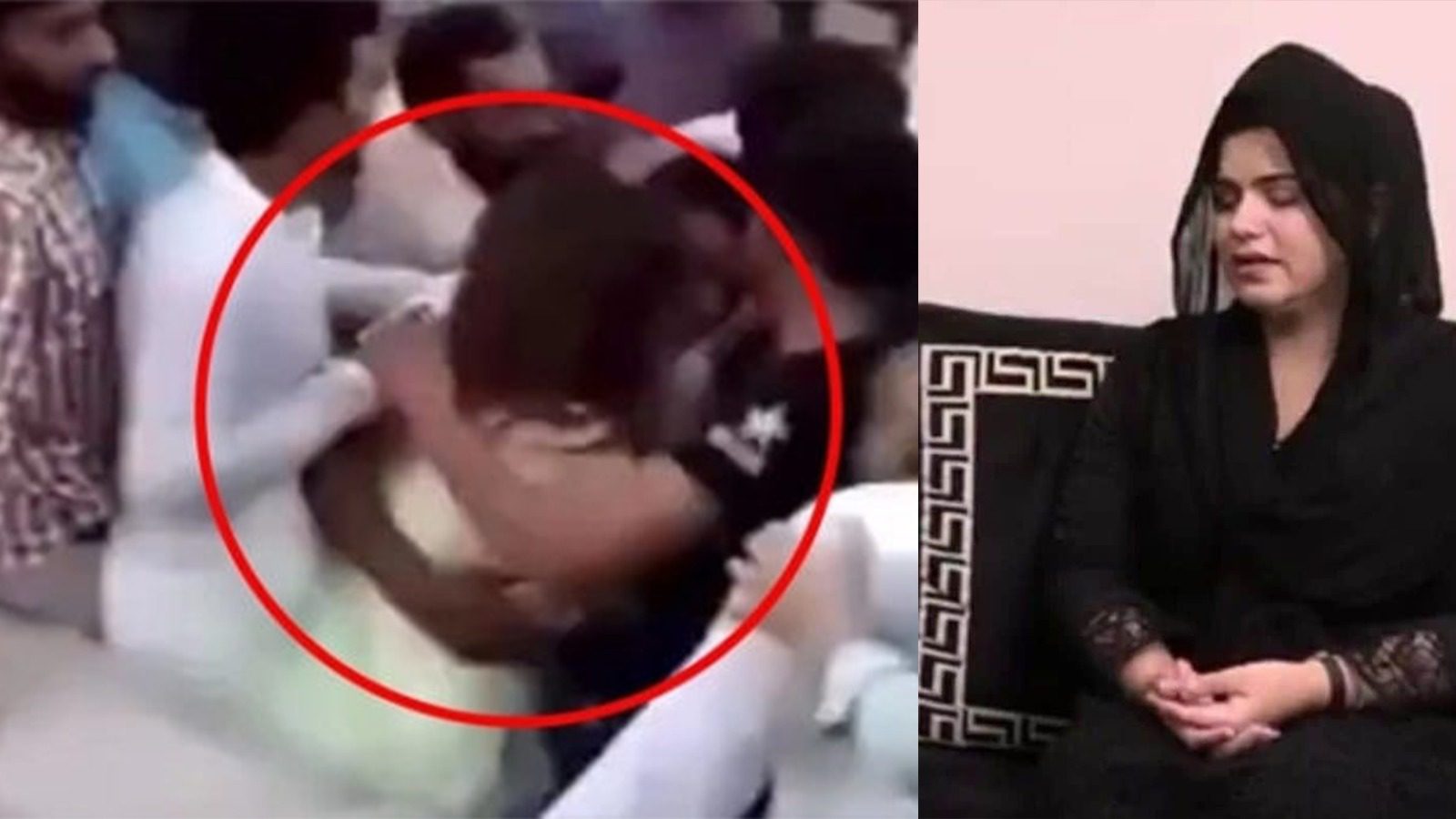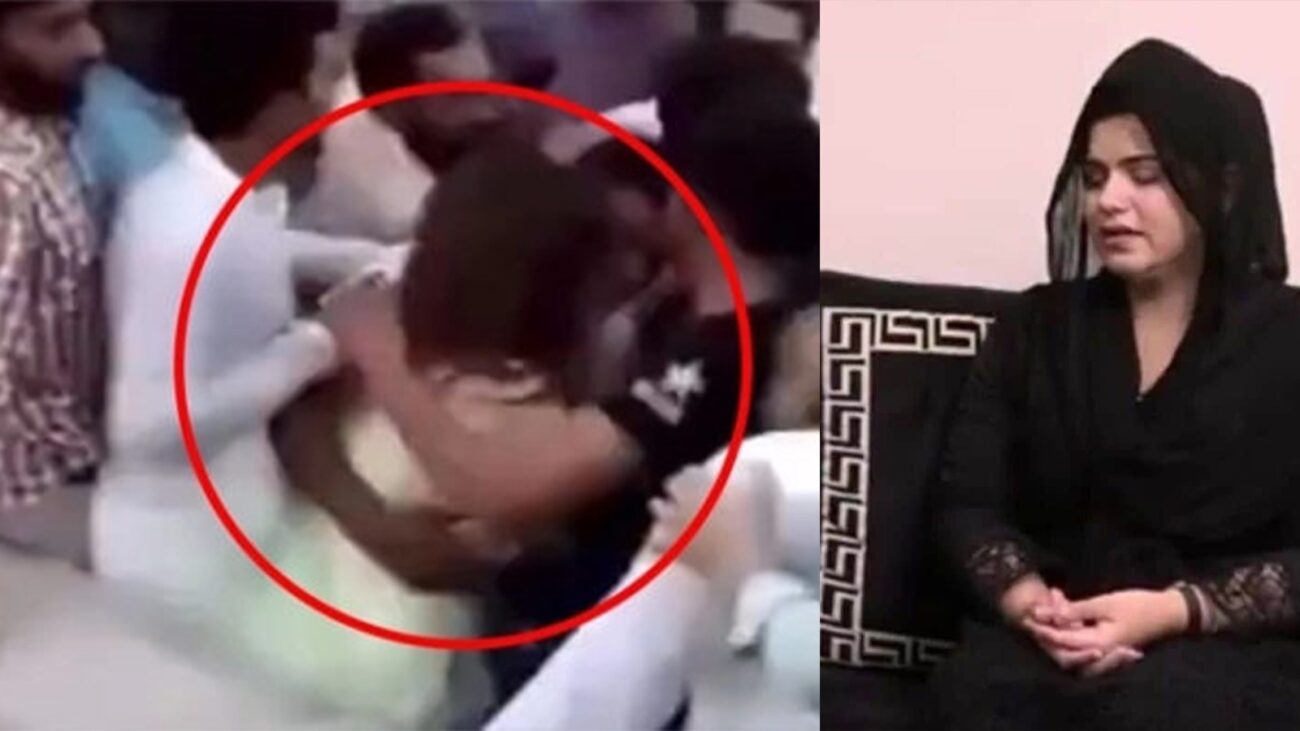TikTok Star Forgives Accused in Minar Pakistan Harassment Case: A Turning Point


Winding back the clock to 14 August 2021, People’s News reported on a TikTok star being chased and harassed by a mob at Minar Pakistan. This incident became a cause célèbre when the victim in the case decided to pardon her assailants. On 27 April, the Sessions Court in Lahore acquitted all accused in the case. The strangeness of the event lay in the fact that the minor assault, which took place on Independence Day, August 14, was widely watched on a livestreaming app and was even elevated to the Supreme Court for review in the height of a legal and media storm.
The Court’s Decision
On 30 June 2024, the Additional Sessions Judge Gul Abbas heard from the TikTok star who submitted a ‘formal affidavit’ to the court, stating that she ‘will not need to proceed with the charges against the accused’ because she forgave him ‘on the basis of religious belief’ and wanted to ‘move on’.
‘I forgive all the accused on behalf of Allah and His Messenger,’ she said. The court decided that the source of her forgiveness must be her own free will without any external pressure being brought to bear, leading it to call for submissions on the respondents’ acquittal pleas on 26 August 2024.
Background of the Incident
It happened on Pakistan’s independence day in 2021, a day of celebration turned into a trauma for the TikTok star and her friends. The four women were filming a video while chained together in Greater Iqbal Park near Minar-e-Pakistan, which evokes both the country’s national poet and its claim as the birthplace of the modern Pakistani nation. As one victim explained to a Pakistani newspaper later, the crowd of onlookers became violent – hitting, harassing and robbing the women.
Details of the Harassment
The star on TikTok described how she felt trapped, repeatedly sexually assaulted, as others in the crowd hurled abuses and obscenities at her. The star said she kept climbing up into a canal to escape, but that the sheer number and aggression of the mob made it difficult to get away. ‘The security guard … saw the situation and opened the gate near Minar-e-Pakistan,’ she said.
In addition to the physical harassment in the melee, she lost her personal effects. Some of her belongings were stolen through force: her ring, her earrings; they were literally tugged from her. They also filched her colleague’s mobile phone, identity card and Rs15,000 in cash from her. Not only was she traumatised by the physical and emotional abuse that she was subjected to; she also suffered economic losses.
Legal Actions Taken
Immediately afterwards, a case was registered at Lahore’s Lari Adda police station on 17 August 2021, under Pakistan Penal Code sections that include: 376: Punishment for rape of a woman 377: Unnatural offences: Whoever voluntarily has carnal intercourse against the order of nature with any man, woman or animal, shall be punished with imprisonment for life, or with imprisonment of either description for a term which may extend to 10 years, and shall also be liable to fine. 376A: Punishment for rape: Whoever, except in the case provided for by section 375, commits rape, shall be punished with death, or imprisonment for life, and shall also be liable to fine. 376B: Punishment for rape of a woman: Whoever commits the offence of rape by penetrating the anus of a woman with his penis, that is, forces her to have carnal intercourse against the order of nature, shall be punished with death, or imprisonment for life, or rigorous imprisonment for a term which may extend to 10 years, and shall also be liable to fine.
– Section 354A: Assault or criminal force to woman with intent to outrage her modestyPunishes stripping a woman of her clothes.
– 382. Criminal misappropriation of property after preparation made for causing death or hurt, or for restraining a person, to commit the misappropriation of property.
– Section 147:Rioting.
149 –V– Unlawful assembly: every member of an unlawful assembly who commits an offence in prosecution of their common object, shall be guilty of that offence.
These accusations underline the seriousness of the assault and the desire to deliver justice to the unfortunate victim.
Government’s Response
This incident drew particular attention to the then prime minister Imran Khan, who described the incident on Twitter as ‘shocking’ and took immediate action. On Twitter, the former Special Assistant to the Prime Minister for Overseas Pakistanis, Zulfi Bukhari, said that the prime minister has spoke directly to the Punjab Inspector General (police chief) on the matter.
One worthy of note was a high-level meeting called by the then chief minister of Punjab Usman Buzdar for the investigation of his subordinates’ response. He also suspended several senior police officers from their positions for dereliction of duty in responding to the incident. The state’s response to the incident can be seen as early attempts to treat the immediate and systemic issues that the case brought to light.
Reaction from the Public
Reactions to the incident, and to the subsequent judicial proceedings, are mixed. People largely reacted with horror to what had taken place and called for the death penalty or severe punishment for the male perpetrator. However, others expressed support for the victim’s forgiveness and her call for peace.
#JusticeForMinarPakistanVictim and #StandWithTikTokStar trended for days on social media. As did strong reactions. Various relatives of the accused called the victim’s supporters ‘cowards’, urging their own acquittal, but received an unyielding response. One person tweeted: ‘This can’t happen, we want justice for the woman, we’ll protest in front of [Minar-e-Pakistan] now.
Media Coverage
The case attracted considerable attention, with national and international media covering each stage of the story – the events, the trial and, beyond that, the issues the case raised about women’s security in public places.
TV channels, daily newspapers and websites worked towards bringing it to the public eye, at times running interviews with legal experts, social activists and public officials. The media attention, and its role in drawing limelight to the case and keeping it alive, helped keep the debate about women’s safety and law reforms going.
Legal and Social Implications
It has also prompted much broader discussions about safety of women in public spaces, the effectiveness of the legal framework to provide justice for victims, and the changes that need to be undertaken within society. Legal experts have spoken out about how more can be done to not only prevent such incidents but also ensure an effective and timely justice delivery system for victims.
Women’s rights organisations have used the case to push for stronger protection laws, improved police protocols and greater awareness of bystander intervention in the public.
The Role of Social Media
The incident was also another unfortunate case of social media being both the cause of the problem and its solution. After the police failed to take action, social media was a powerful tool for raising awareness quickly and galvanising support for the victim. But it was also a good example of how social media must be properly used to not only report the story but also avoid oversensationalised reporting and misinformation.
Although the viral nature of the footage reached people quicker, it also led to an ethical debate over sharing graphic footage of incidents. As Schick calls it, ‘a moral middleground between the two poles of justice denied and victimisation’.
The Forgiveness Statement
The slapper’s act of forgiveness has been the basis of much talking: ‘I am recording my statement in the court with free consent and without any fear,’ she said, ‘because I want to forgive and reconcile.’
Though it was a much-needed personal and commendable gesture, there is an open question about what it might mean for the public sphere or considerations of justice and accountability. Legal scholars have pointed out that, although forgiveness is a personal and important act, it doesn’t necessarily mean those who were subject to harassment are absolved of their moral obligation for systemic change to prevent such abuses in the future.
Conclusion
The acquittal of the accused on charges of Malicious Intent to Commit Rape and Harassment on 5 May 2022, in perhaps Pakistan’s most famous harassment case, is significant – indeed, an important moment, though hardly a happy one in a fraught national spotlight. It also closes the tortured case brought to light when a popular TikTok star and activist for the rights of girls and women publicly forgave the men, citing forgiveness as part of her ostensibly Islamic worldview.
While this verdict has brought some closure to the victim, it also accentuates the continuing need for legal reform, social awareness and better provision of public spaces for women in Pakistan. The message is that women are continuously unsafe in public and, as such, as a society we must redouble our efforts to keep them safe and dignified.
In the public discourse, the memory of the assault at Minar-e-Pakistan clearly continues. Citizens are beginning to scrutinise our moral and political responses to violations of justice and asking hard questions about forgiveness, ‘forgetting’ and how we must rethink how harassment and violence against women are addressed in Pakistani society.







